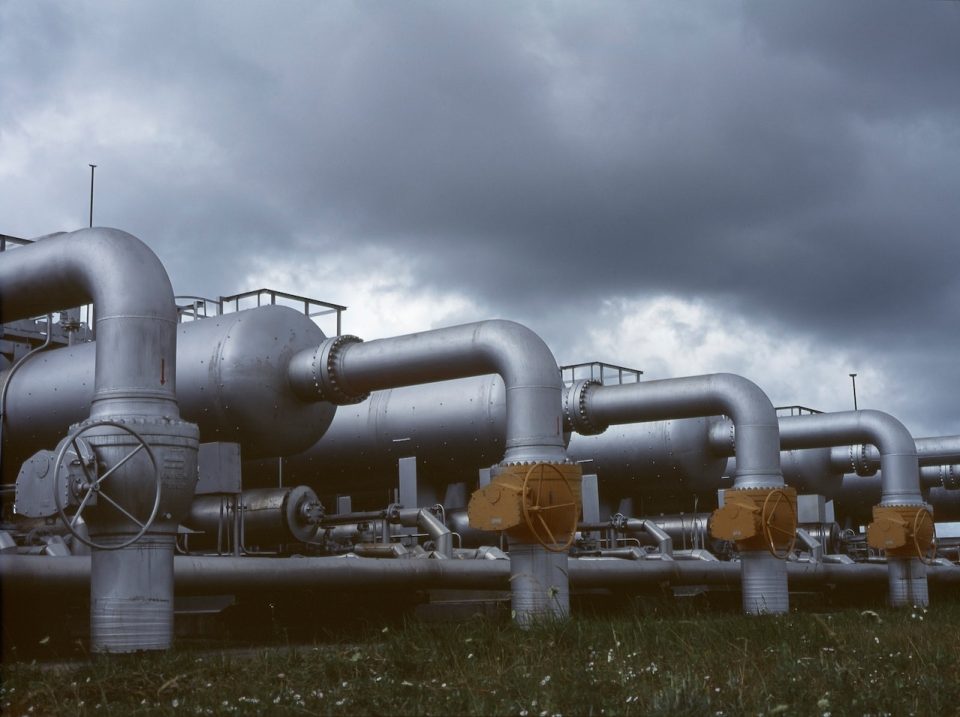Enbridge, a prominent Canadian pipeline operator, faced a steep decline in its stock value on Wednesday, with shares plummeting nearly 7% to their lowest point in over four years. The unexpected nosedive followed intense speculation and scrutiny from industry analysts, who raised concerns about the financial repercussions of the company’s sudden and substantial $14 billion bid to acquire three utilities from Dominion Energy.
Investors were taken aback by both the timing and magnitude of Enbridge’s ambitious offer. The proposed deal would see Enbridge assume control of East Ohio Gas, Questar Gas, and Public Service Co of North Carolina. This acquisition would effectively double their gas distribution business and establish them as the largest gas utility in terms of volume throughout North America.
In response to this unprecedented move, Moody’s, a leading financial rating agency, expressed apprehension about the potential ramifications of such a significant expansion. As a result, they downgraded Enbridge’s financial outlook to “negative.” Moreover, Alan Armstrong, CEO of rival firm Williams Companies, voiced his reservations about the investment, questioning its profitability.
Despite the skepticism voiced by industry experts, Enbridge remained steadfast in its belief that this strategic acquisition would enable them to optimize their balance sheet, leading to more discerning investment decisions. However, the market’s reaction was far from enthusiastic, as evidenced by a 5.5% decline in the shares of Enbridge on the Canadian index and a 2.8% dip in Ryan Energy’s stock.
Adding to Enbridge’s immediate challenges, the company opted to issue new shares at a modest discount of 7.2% compared to their Tuesday closing price.
Nevertheless, Enbridge’s acquisition is viewed as a calculated risk aimed at securing a stake in the evolving landscape of energy, where natural gas faces increasing competition from cleaner alternatives. Additionally, it is seen as a shrewd deployment of capital.
Analyst Stephen Ellis, in a comprehensive assessment, suggested that the prevailing consensus leaned towards characterizing Enbridge’s move as a “defensive” maneuver. Enbridge itself asserted that despite the immense scale of the deal, it would not compromise its medium-term objective of achieving 5% annual EBITDA growth. Furthermore, it may even offset weaker performance in its liquid assets.
The fate of this audacious plan remains uncertain, with only time providing the ultimate verdict. For both investors and the company itself, the aspiration is to emerge victorious while staying financially stable. The future will determine whether Enbridge’s bet on the natural gas sector proves to be a profitable gamble or a challenging endeavor.
Source: Reuters

